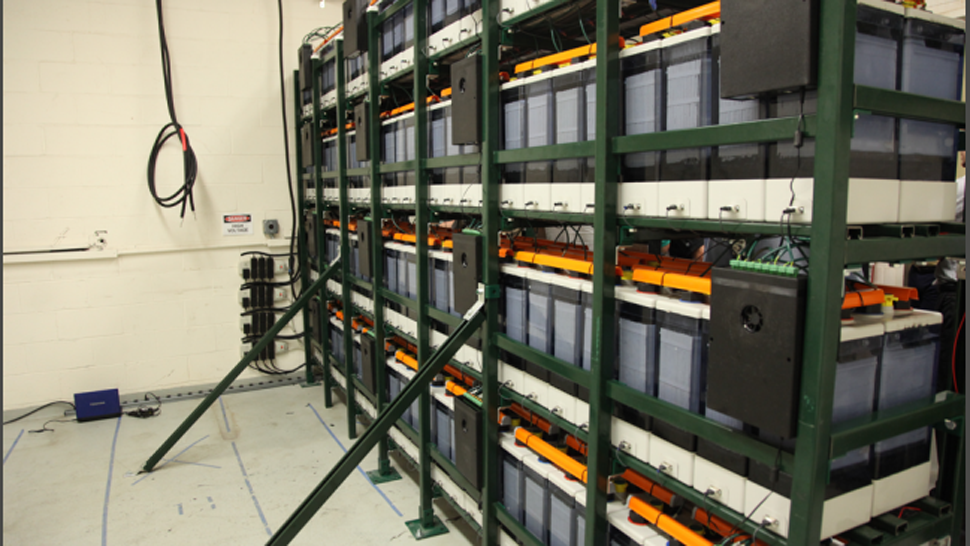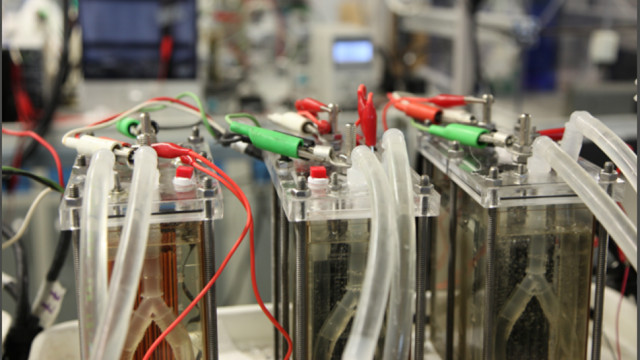West Harlem in New York City isn’t exactly known for its robust industrial capabilities. Nor is zinc particularly — well, ever — used as a secondary, rechargeable battery. But that’s not going to stop the Department of Energy’s Advanced Research Projects Agency (ARPA) from developing both into an energetic powerhouse.
As part of ARPA’s Manhattanville Factory District redevelopment initiative, the agency has constructed a $US6.1 million, 465sqm battery R&D and production facility, dubbed the Urban Electric Power Facility. It will be using technology licensed from and developed by the nearby City University of New York (CUNY) Energy Institute in its research.
The technology could help overcome a major impediment to rechargeable battery development. Li-ion batteries use expensive and toxic materials in their construction. If we could figure out a way to use a cheaper, safer alternative — say, zinc or manganese, which are already used in disposable batteries — we could eliminate two birds with one D-cell.
Unfortunately, zinc absolutely sucks at being recharged. Every time you put current back into it, the metal forms finely-branching structures, known as dendrites, which destroy the battery’s performance. And manganese is no better, losing its capacity within a few discharge cycles.
To prevent dendrite growth, the CUNY Energy Institute has developed a technique known as Flow-Assisted Alkaline which pumps fluid over the zinc as it’s charged, washing the dendrites flat again and preserving the battery’s performance. The CUNYEI team has already surpassed the 3000-cycle mark and is quickly closing in on a comparable lifespan to Li-ion. The team has also created a working prototype of the system and hopes to further develop the technology now that the center has opened.

This technology could revolutionise energy storage, providing safe, cheap, environmentally responsible alternatives to nickel-cadmium or lithium-ion chemistries. Hybrid vehicles could benefit with 10 per cent greater range. Households could buy and store energy for on-demand usage, or generate and store their own from renewable resources. And for the electric company, it could mean the end of large scale power plants and substations with the rise of a more distributed power-distribution network. [Clean Technica, ARPA-e, CUNY, NY SERDA]
